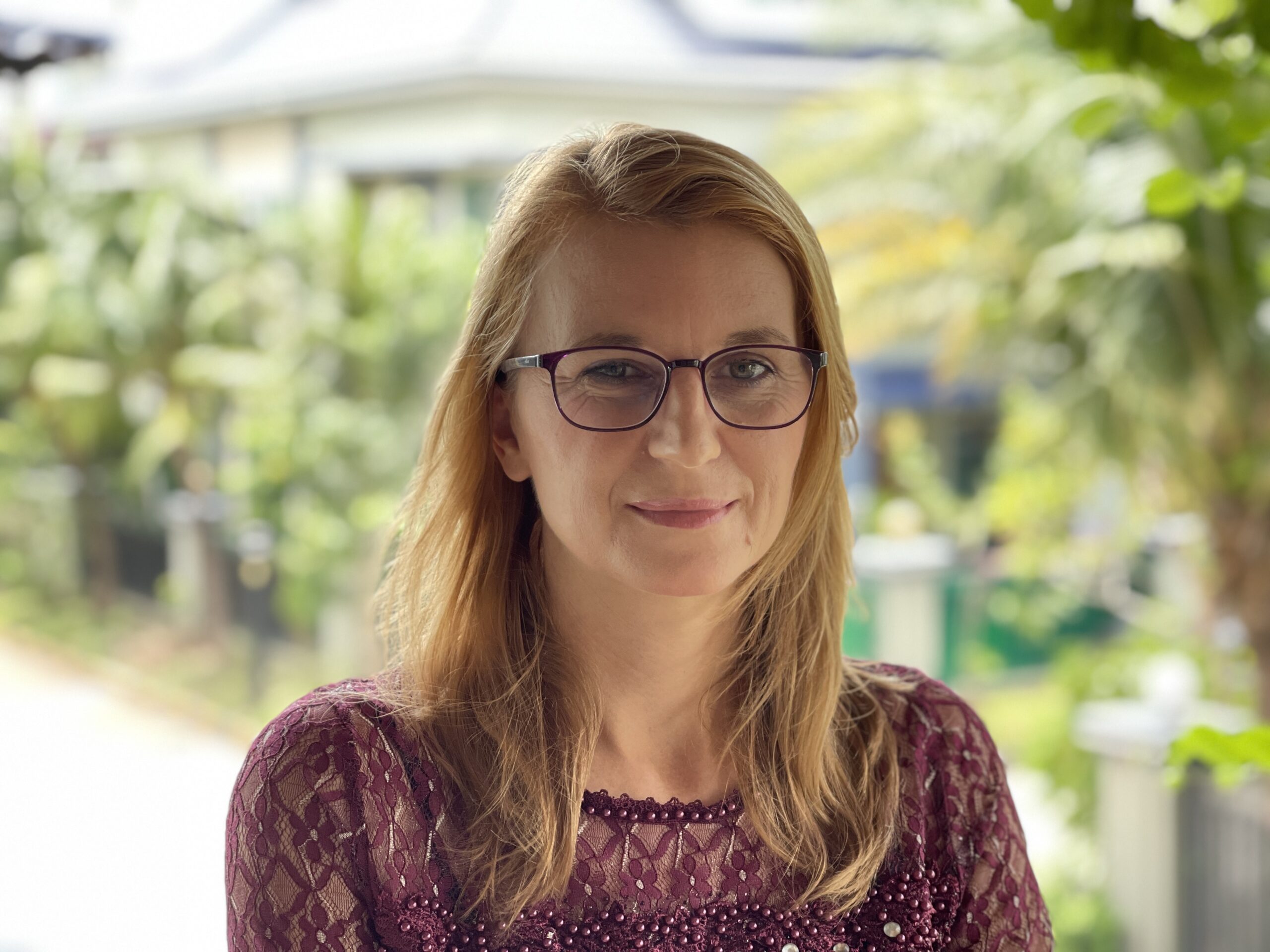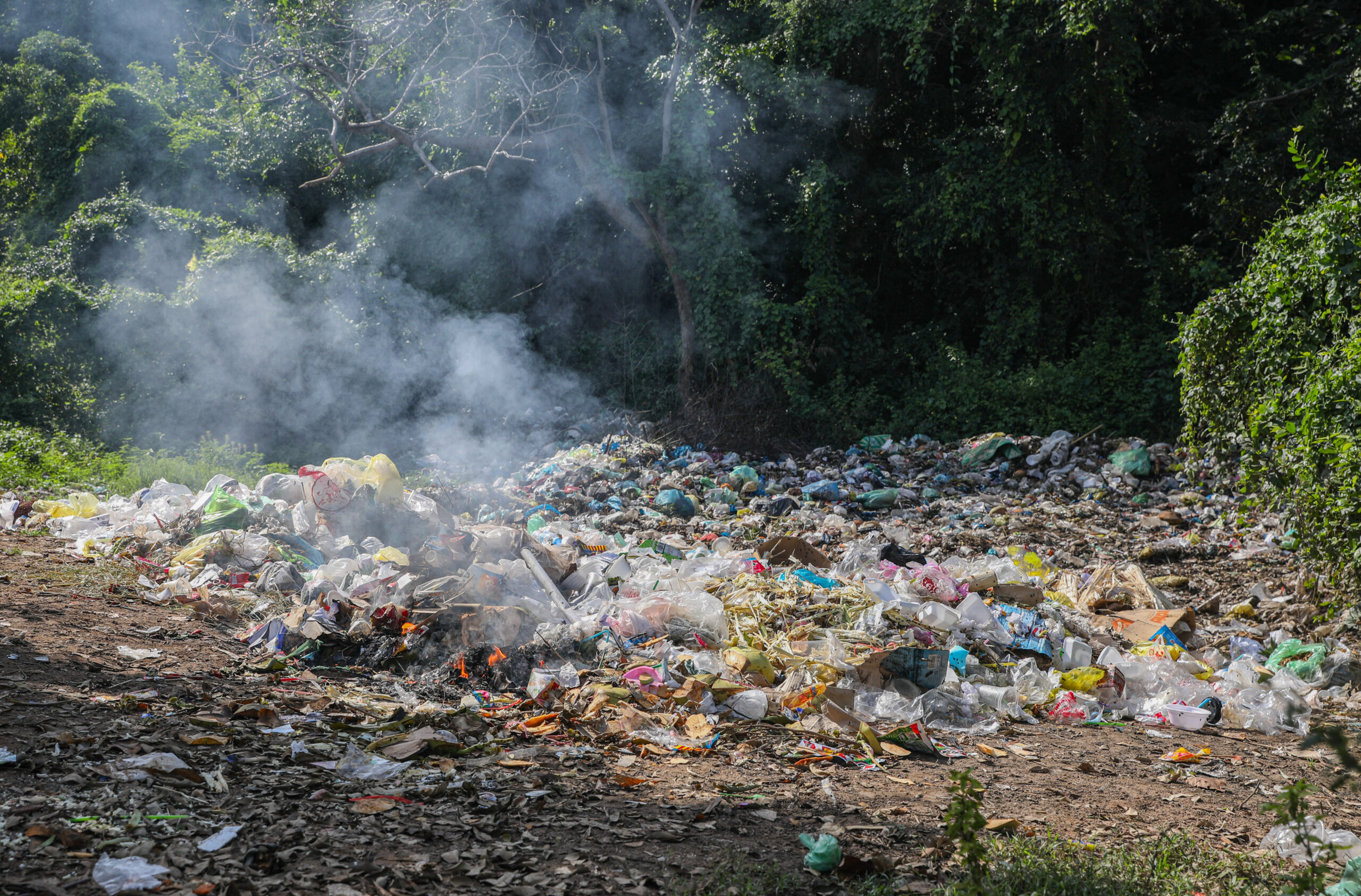A recently promulgated update to a 2003 law on investment is redefining incentives for more than a dozen business sectors. This is only the Kingdom’s second investment law and it expands the range of environmentally focused organisations eligible for incentives.
The list of eligible business sectors includes environmental management and protection, biodiversity conservation, the circular economy and green energy including technology contributing to climate change adaptation and mitigation.
“Overall, I find it quite encouraging that the environment is being mentioned as a priority area for incentives,” said Karolien Casaer-Diez, Cambodia representative for the Global Green Growth Institute. “It reflects a growing awareness that sustainability is becoming key for Cambodia to ensure its competitiveness in global markets.”
The final version of the bill is written broadly and will rely on additional clarity in a sub-decree expected in 2022.
The decree’s details are expected to shape the significance of the law’s environmental aspects, as well as specifying which green activities and organisations will be eligible for incentives.
“Sustainability strengthens competitiveness,” Casaer-Diez said. “Now, it all depends on how the government flushes out this law into more specific regulations and sub-decrees. Law is a broad framework, and while this law is a step in the right direction, how we implement these incentives will be just as important.”
While green businesses are eligible for incentives, certain environmental regulations were removed during the drafting process of the law. For example, earlier versions of law required investment projects to provide preliminary information on “waste management measures, environmental protection.”
Whether or not the sub-decree will reinstate, revise or leave out this regulation is uncertain.
The Council for the Development of Cambodia, a government agency tasked with coordinating and incentivising investments to Cambodia, met with private sector organisations such as the European and Japanese Chambers of Commerce in Cambodia throughout the law’s drafting process.
Susanne Bodach, chair of the Green Business Committee at EuroCham, believes prioritising environmental incentives for future investments will be critical to Cambodia’s economic recovery from the pandemic.

“Ten years ago, climate change was not prioritised in Cambodia because the country stood at a different stage of development. The priority then was simply to attract bigger and bigger investors and by doing so develop local industries and create more jobs,” Bodach said.
“But now there is a momentum in Cambodia and the rest of the world when it comes to climate change. That’s what we see in this investment law and its incentives,” she said.
The environmental momentum in the Kingdom is building because international events, like the recent United Nations COP26 climate summit, brought attention to the environment shortly before Cambodia took on the 2022 chairmanship of ASEAN, Bodach said.
“There’s a strong interest from the private sector because when we see all these global challenges we face with climate change, we recognise how important it is to take environmental performance and incorporate it into our business operations,” Bodach said.
“If you have more policies and frameworks that incentivise going green, it’s obviously easier for businesses,” she said. “In Cambodia, we are still at the stage where some framework is not yet fully developed, leaving a gap. We will work with CDC on developing and giving our comments towards filling that gap in the sub-decree.”
The tax law states after a proposal is registered and approved by the development council, the “qualified investment project” can choose between two basic tax incentive options, depending on its individual circumstances.
Option one grants a project with a tax exemption period of three to nine years. After the period ends, the project can select between three options to pay income taxes. The options range between different percentage rates and time spans.
Option two reduces the capital expenditure of a project and exempts it from certain taxes.
While the law mentions several additional incentives, the details “shall be determined in the Law on Financial Management and/or the Sub-Decree.”
“We always say Cambodia is a largely untapped market,” said Noë Schellinck, advocacy manager for EuroCham. “The openness of the Cambodian people is reflected in the openness of the investment environment. There is not too much red tape for investors and it’s still quite feasible to invest in Cambodia without going through lengthy processes, which definitely makes Cambodia an attractive environment for investors.”
This new law will also hopefully communicate Cambodia’s willingness to “accommodate clean investments that level the playing field between green players and polluters,” Casaer-Diez said.
“Environmental investments come with an extra cost up front because you have to rethink how you do things and innovate new technologies. That cost is paid back over time, but that up front investment gives polluters an advantage,” Casaer-Diez said.
“Having incentives in place for green companies and taxes for polluters is the first thing you want to see when it comes to making sure green companies are not at a commercial disadvantage,” Casaer-Diez said.

Transparency International Cambodia plans to publish a research study on the Kingdom’s tax incentives in 2022.
A draft of the study states that while foreign direct investment has steadily risen in Cambodia over the last decade, it is “unclear how much influence tax incentives have in attracting the FDI and it is likely that foreign businesses would invest in Cambodia regardless of the incentives.”
“There are no studies that prove incentives directly lead to more foreign investment, or how big of a role they play in foreign investments. Cheaper labour expenses could be the real factor,” said Im Norin, director of programmes at Transparency International Cambodia. “We need to be very intentional about incentives because if you don’t give incentives, we may generate more income.”
Young Heng, director of the department of investment project evaluation and incentives of the Council for the Development of Cambodia, was unavailable for comment.
“The priority has always been job creation,” Norin said. “The government just wants to create jobs in order to stimulate the economy and push for economic growth at all costs.”
Relying too heavily on tax incentives for economic growth could negatively affect Cambodia’s economy and contribute to a “race to the bottom” in Southeast Asia. This is the notion of countries competing for foreign investments by lowering or waiving taxes, eventually leading to a downward spiral of tax cuts, Norin said.
The forthcoming Transparency International report lists recommendations to improve these future foreign investments. Suggestions include improving government transparency on investment monitoring, streamlining investment approval processes and increasing regional coordination among ASEAN countries regarding the safe use of tax incentives.
“This new legal framework looks good, but the law in practice is a different story,” Norin said. “It is still very broad and we will need to develop other policies to support its proper implementation. If we keep it broad and vague, it will be difficult to hold anyone accountable.”
All text and photos by Anton L. Delgado for Southeast Asia Globe
This article is a part of an ongoing partnership with Transparency International Cambodia meant to accentuate issues along with practical solutions concerning good governance and anti-corruption in Cambodia. Learn more about the partnership here.


